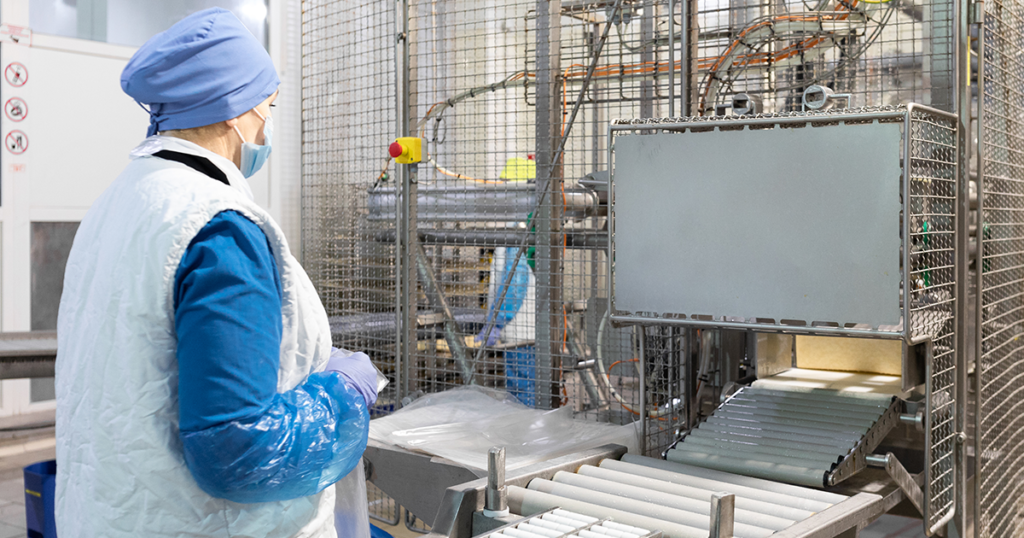Data Analysis Integration of MES with ERP and Other Systems
Manufacturing execution systems (MES) are essential to improving manufacturing efficiency, but their effectiveness depends on integration.

Manufacturers need to strive for efficiency. The best way to do this is by having an effective Manufacturing Execution System (MES) that can create a more efficient manufacturing process. One way an MES can do this is by tracking productivity and by measuring efficiency. But how can it do this?
An MES uses several Key Performance Indicators (KPIs) to measure production line efficiency. These KPIs are a reflection of manufacturing performance. It serves as a benchmark for different processes so that the MES can do its work and optimize the functions that need to be improved.
KPIs have six main categories that are used in assessing the efficiency of a manufacturing process:

When it comes to measuring production success, the KPIs in an MES are extremely important. With these metrics, you can make better decisions that are backed by accurate real-time data. The decisions you will make based on these can greatly impact your production line.
Share
Stay Up-to-Date
Get LiveTracking news in your inbox.
Error: Contact form not found.
By submitting this form I have read and acknowledged the Privacy Policy.
The latest industry news, interviews, technologies, and resources.
Manufacturing execution systems (MES) are essential to improving manufacturing efficiency, but their effectiveness depends on integration.
Unlock the full potential of your manufacturing operations with our comprehensive guide on MES implementation strategies.